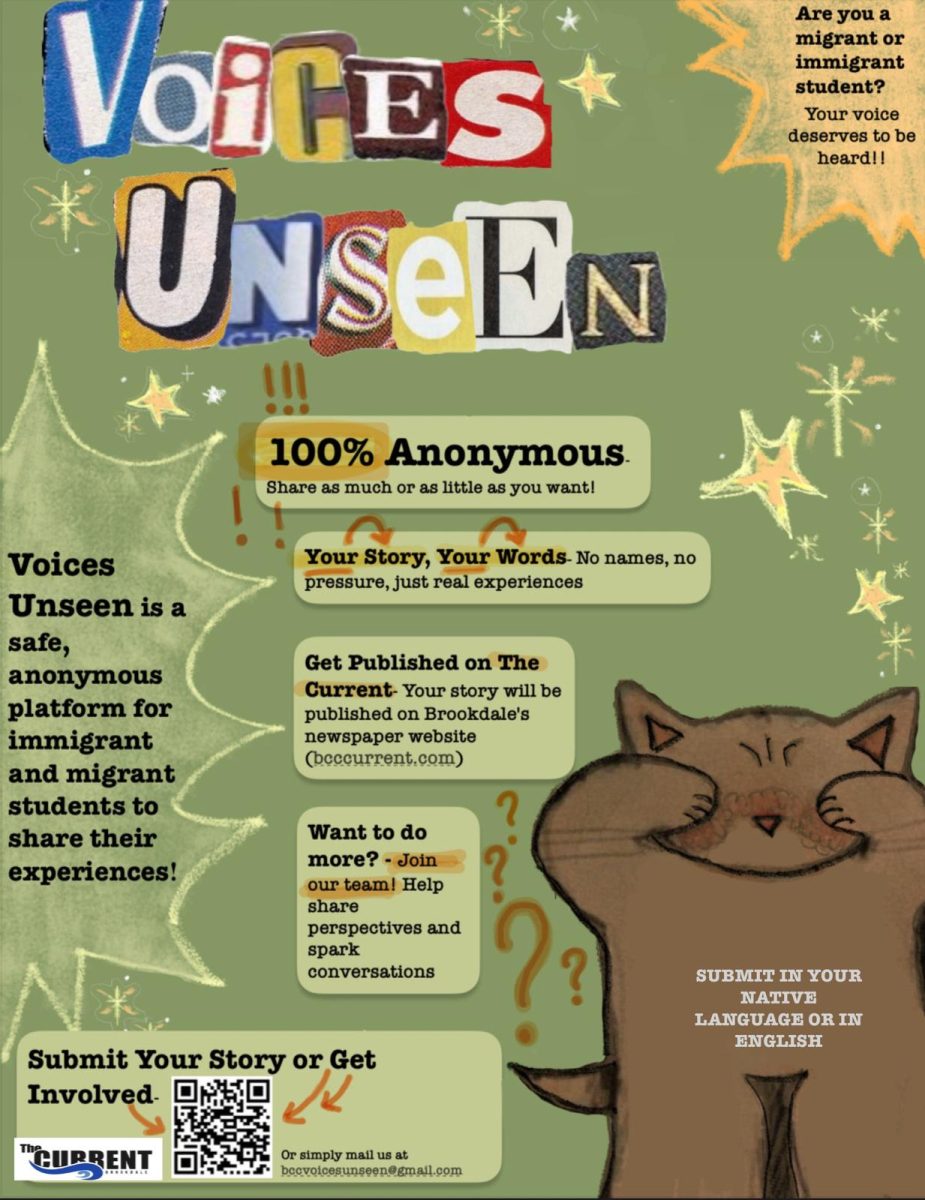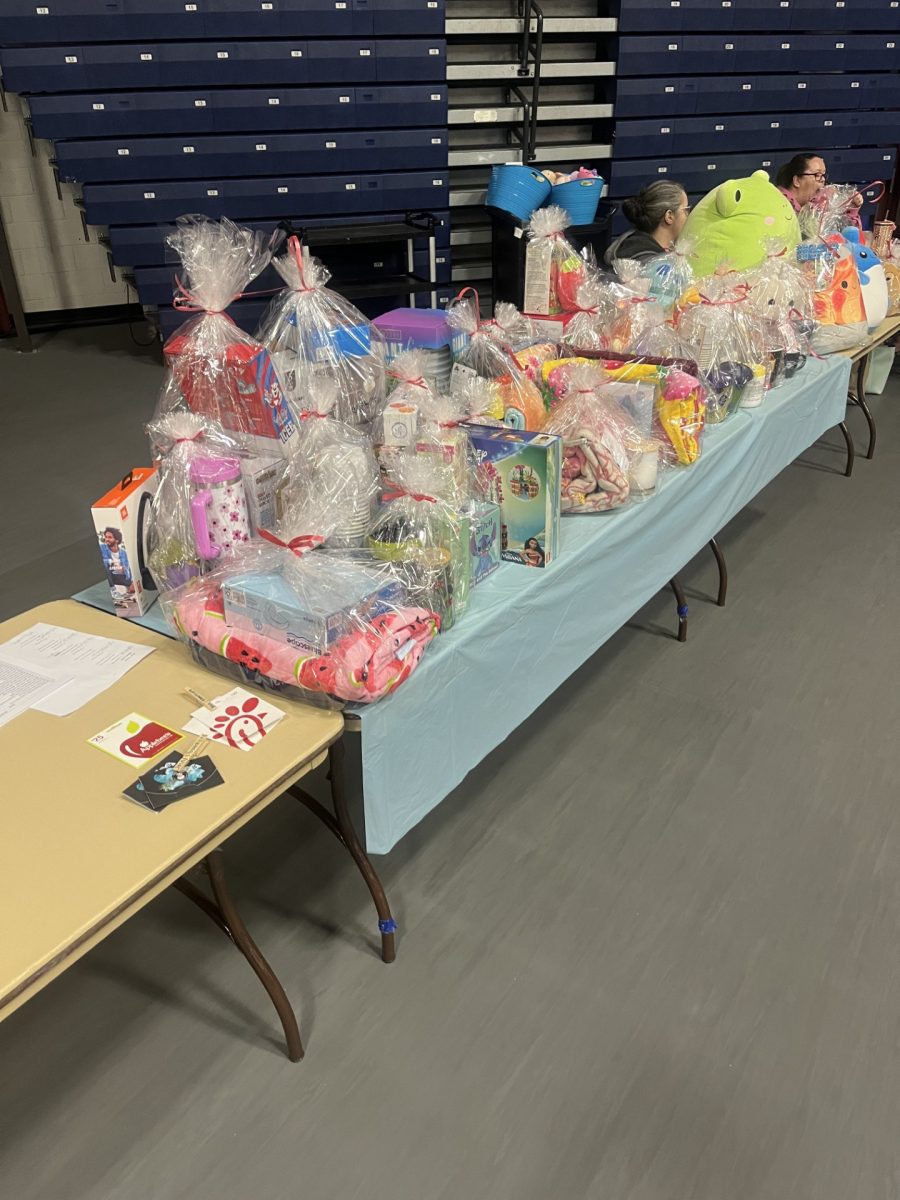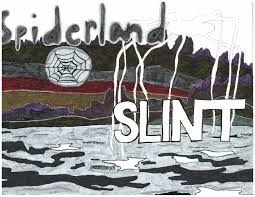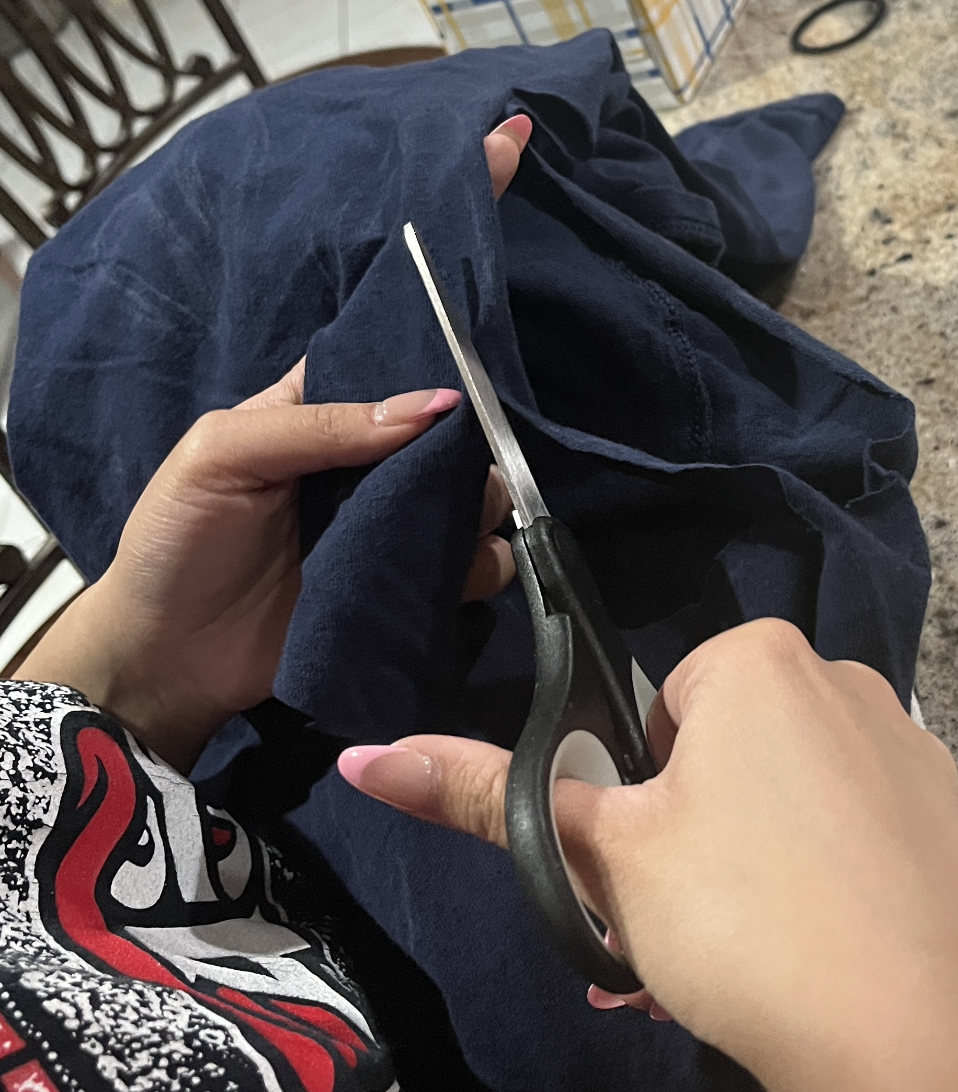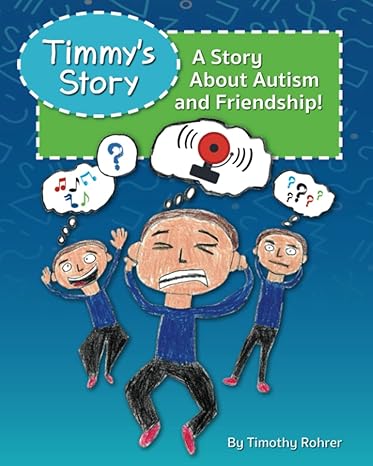Tips For Keeping Safe During A Flooding Event
September 27, 2021
Flooding is one of the top causes of weather-related fatalities across the United States. According to the National Ocean Atmospheric Administration, 85 people are killed annually. The top percentage of flood-related deaths involve motor vehicles driving into flood waters.
As we have seen across the state as recently as earlier this month, New Jersey and the entire tri-state area is not immune to flooding. During a flood event, water rises and the rate of flow can change swiftly. It is important to always stay aware of rapidly changing conditions and to monitor the latest up-to-date information.
Here are seven tips for staying safe during a flooding event:
1. Remain Aware
Make sure you have a way to quickly receive weather alerts and information. This includes using a NOAA weather radio or using social media and online local news pages.
2. Seek Higher Ground
If it is safe to do so, you should get to higher ground, especially if you are camping or reside in a lower-elevation area susceptible to flooding.
3. Avoid Electrical Hazards
When nearing flooded areas, avoid areas that also have downed power lines. Avoid going into your basement or another room where the water is over the outlets and/or cords.
4. Turn Around Don’t Drown
If you are driving and encounter flooding, it is best to turn around. Do not try to drive around barricades. The water may be deeper than what it seems. Just 6 inches of water will reach the bottom of most cars and could cause a loss of vehicle control or your car to stall. One foot of water will likely float your vehicle. Two feet of fast-moving water will carry away many cars including high-profile vehicles.
5. Flood Water Contamination
Flood waters can contain all sorts of waste, disease and other debris. It is best to avoid entering the flood waters unprotected. Remember, 6 inches is enough to sweep a person off their feet. If you must enter an area of flooding, make sure you protect yourself. You should wear goggles, high-topped rubber boots and gloves.
6. Night Flooding
Flash flooding is especially dangerous at night, as the lack of light can prevent you from seeing how deep the water is. It is a good idea to avoid traveling, especially if the flooding is occurring at night.
7. After the Flood
Make sure you keep informed about any local developments due to flooding, such as road closures and boil advisories. Rivers can take several days to crest and can continue to impact communities even after the main flood event. https://water.weather.gov/ahps/region_forecast.php?state=nj is a good source to check the latest river flood forecasts.








